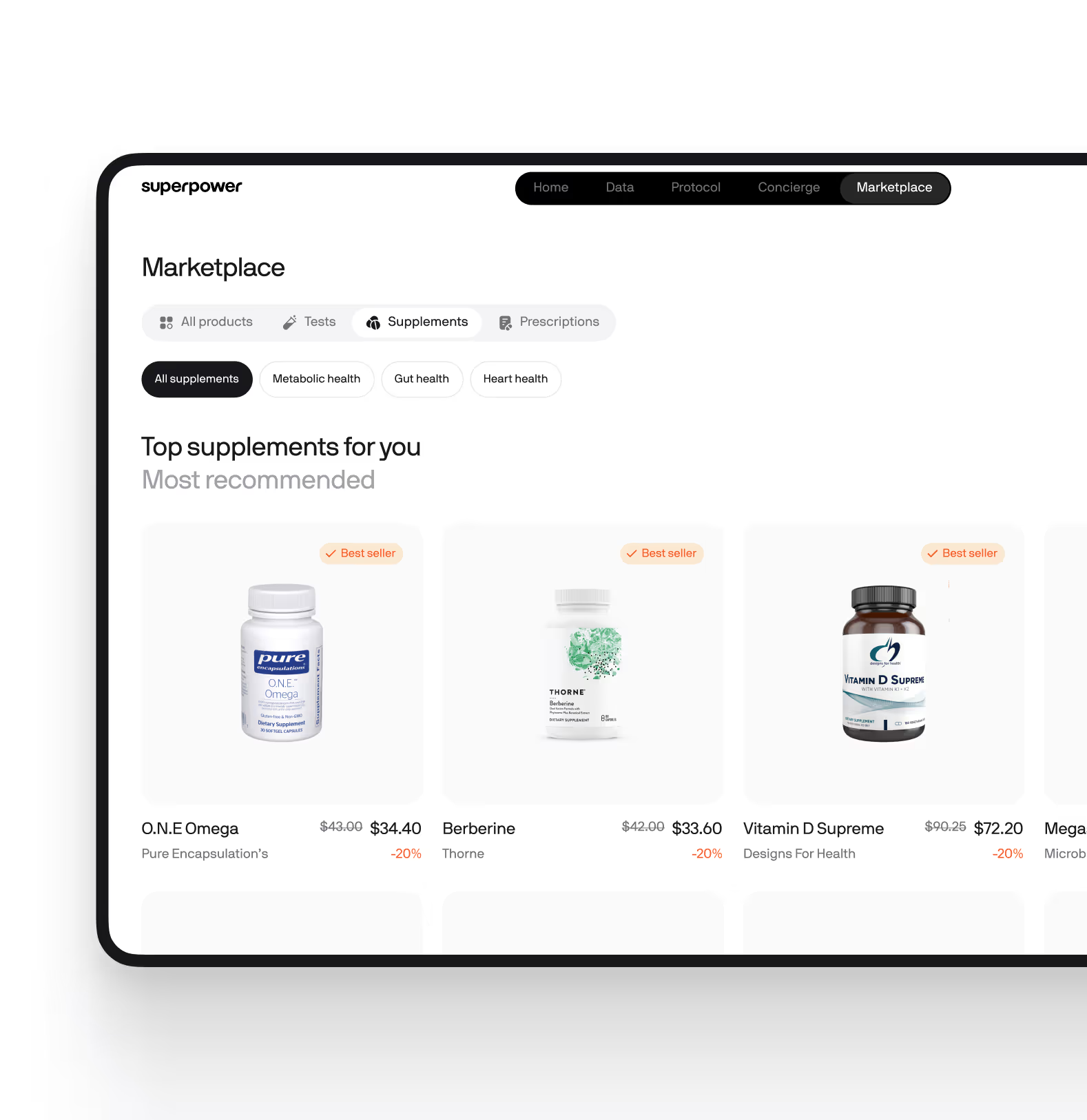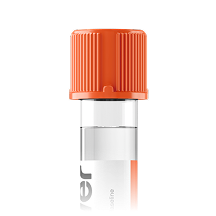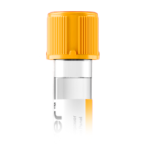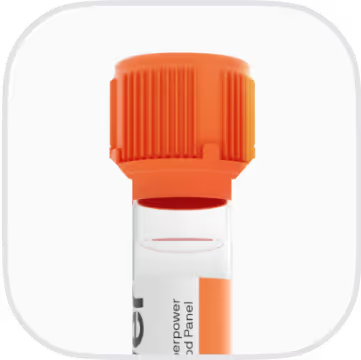Key Benefits
- Measure your vitamin B12 level to detect deficiency early.
- Spot low B12 causing fatigue, numbness, mood changes, and memory issues.
- Explain unexplained anemia by linking B12 to red blood cell changes.
- Guide whether you need supplements, injections, or diet changes to replete.
- Support fertility and pregnancy by confirming adequate B12 for fetal development.
- Track recovery after treatment and helps support levels stay stable over time.
- Flag heightened deficiency risk from metformin, acid reducers, bariatric surgery, or vegan diets.
- Best interpreted with a CBC, folate, methylmalonic acid, and your symptoms.
What is a Vitamin B12 blood test?
Vitamin B12 blood testing measures the amount of vitamin B12 carried in your bloodstream. Vitamin B12 (cobalamin) is an essential nutrient obtained from animal-based foods and supplements. After eating, stomach acid frees B12 from food; it binds to a stomach-made carrier called intrinsic factor and is absorbed in the last part of the small intestine (ileum). Once absorbed, B12 circulates attached to transport proteins, mainly transcobalamin and haptocorrin. The test captures this circulating pool that delivers B12 to your cells.
Vitamin B12 enables DNA building and red blood cell formation and helps protect nerves by maintaining their insulating sheath (myelin). At the cellular level it serves as a cofactor for two enzymes: methionine synthase (methylation and folate recycling) and methylmalonyl‑CoA mutase (breakdown of certain fats and amino acids). A blood B12 measurement reflects the supply available to tissues to support these processes, linking what you eat and absorb to the body’s capacity for healthy cell division, oxygen-carrying blood, and stable nerve function.
Why is a Vitamin B12 blood test important?
Vitamin B12 drives DNA synthesis, red-blood-cell production, and myelin maintenance, linking blood, brain, and energy metabolism. Most labs consider about 200–900 normal; physiology is reliable in the mid‑to‑upper range, while values under ~300 can be borderline, especially with symptoms.
When B12 is low, DNA synthesis falters and the marrow makes large red cells (megaloblastic anemia), bringing fatigue, breathlessness, and pallor. Nerve demyelination leads to numbness or burning in feet and hands, poor balance, and memory or mood changes. Sore tongue (glossitis), infertility, and high homocysteine may occur. Children can show growth or learning delays; in pregnancy, low levels threaten fetal neural development. Common causes are malabsorption (pernicious anemia, gastric or bowel surgery), low intake, and some medicines.
High B12 is usually from supplements. Without them, it can reflect increased binding proteins or tissue release in liver disease, kidney impairment, myeloproliferative disease, solid tumors, or inflammation. The vitamin rarely causes symptoms; the concern is the condition behind it. In pregnancy, levels tend to run lower, so unexpected highs usually signal supplementation.
Big picture: B12 works with folate and iron in methylation and red‑cell pathways that sustain oxygen delivery and nerve integrity. Persistently low levels raise risks of irreversible neuropathy, anemia, cognitive decline, and adverse pregnancy outcomes; unexplained highs can hint at hidden organ disease. Interpreting B12 with blood count, folate, homocysteine, and methylmalonic acid clarifies the picture.
What insights will I get?
A Vitamin B12 blood test measures the amount of cobalamin circulating in your blood. B12 is required for DNA synthesis, red blood cell production, and maintenance of myelin in the nervous system. It also drives one‑carbon metabolism, helping convert homocysteine to methionine and methylmalonyl‑CoA to succinyl‑CoA. Adequate levels support energy production, cognition, mood, cardiovascular health (via homocysteine control), fertility, and fetal neurodevelopment.
Low values usually reflect insufficient intake or impaired absorption. Common causes include autoimmune loss of intrinsic factor (pernicious anemia), low stomach acid or gastric/ileal surgery, and medication effects. System‑level effects are reduced DNA synthesis leading to macrocytic anemia (fatigue, reduced oxygen delivery), and demyelination causing neuropathy and cognitive changes. Homocysteine and methylmalonic acid typically rise. Older adults are more susceptible due to achlorhydria; pregnancy lowers measured B12 and low status can affect fetal brain development; infants and children may show growth and neurobehavioral impacts.
Being in range suggests adequate methylation, stable myelin maintenance, and effective erythropoiesis, with homocysteine and methylmalonic acid likely in a healthy range. In many studies, functional markers are most consistently normal when serum B12 sits in the mid‑to‑upper portion of the reference interval.
High values usually reflect supplementation or increased binding proteins from liver disease, kidney impairment, inflammation, myeloproliferative disorders, or some solid tumors. Elevated B12 itself is not typically harmful but can be a signal of underlying disease. Rarely, total B12 is high while the active fraction is low.
Notes: Serum assays measure total B12 (on haptocorrin and transcobalamin); holotranscobalamin reflects the active fraction. Functional deficiency can exist with “normal” totals. Pregnancy and oral contraceptives lower measured B12; newborns run higher. Metformin, acid‑suppressing drugs, and nitrous oxide affect B12 status. Renal disease elevates methylmalonic acid independent of B12.


.svg)









.avif)



.svg)





.svg)


.svg)


.svg)

.avif)
.svg)










.avif)
.avif)



.avif)







.png)

.avif)


